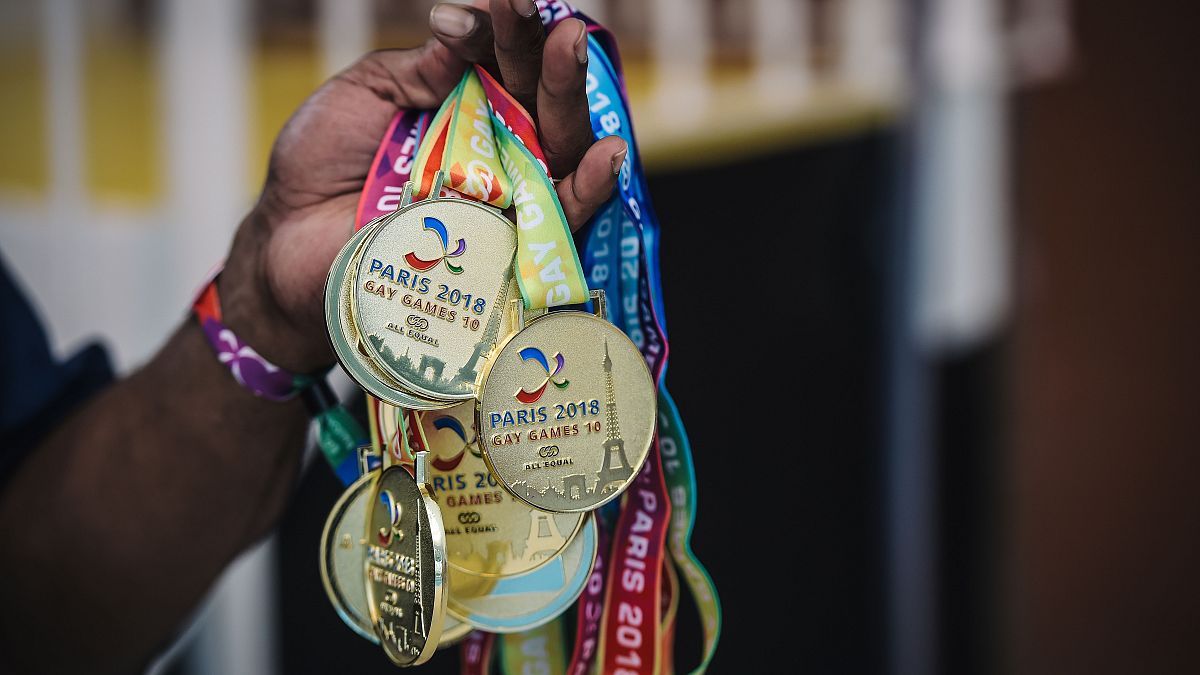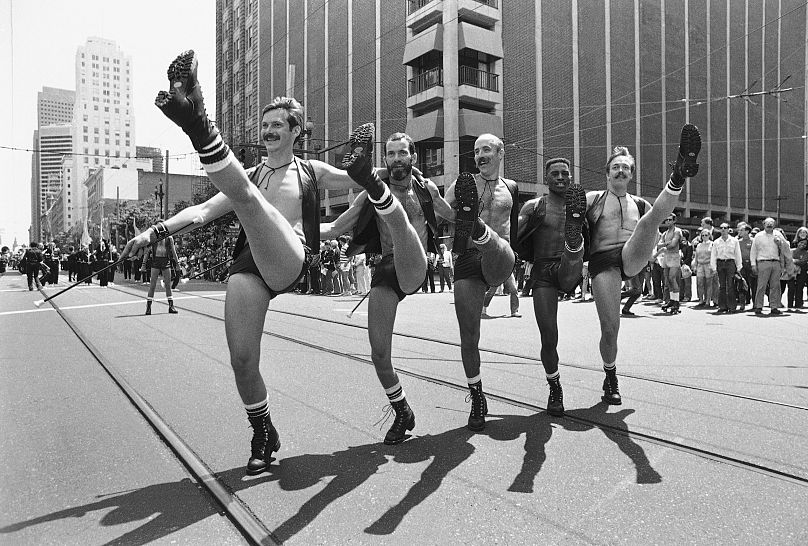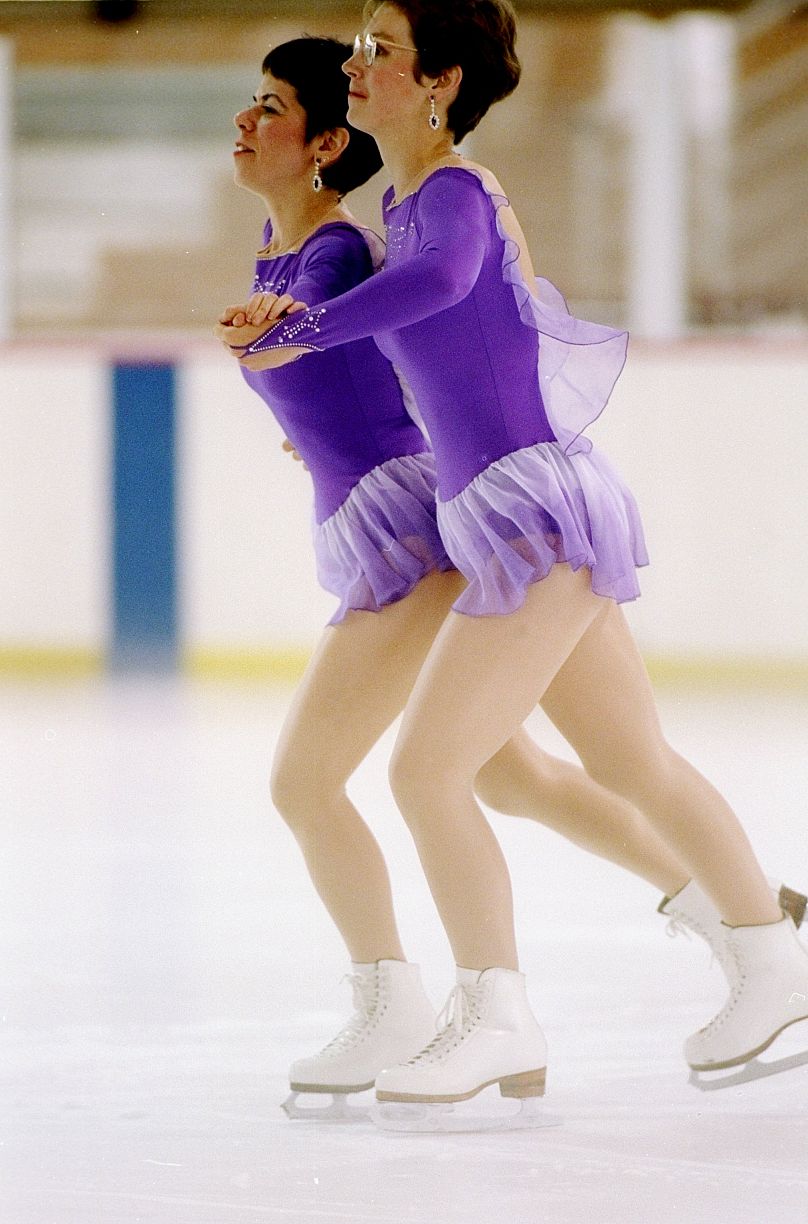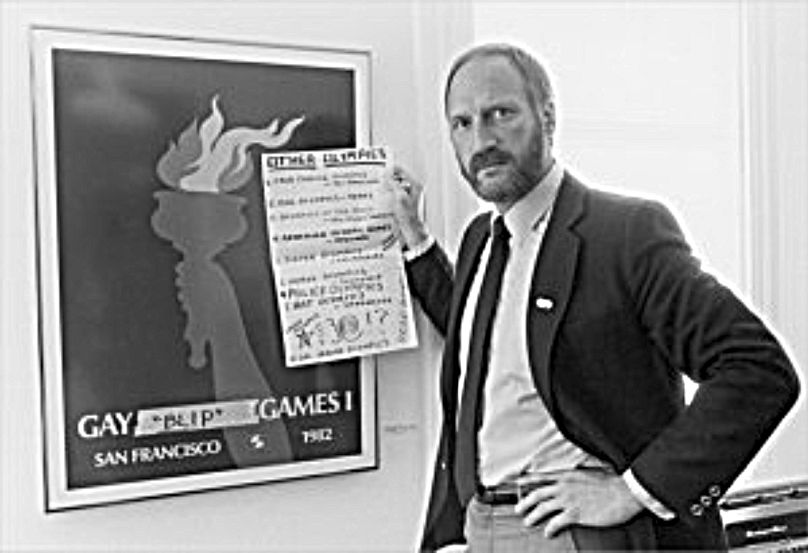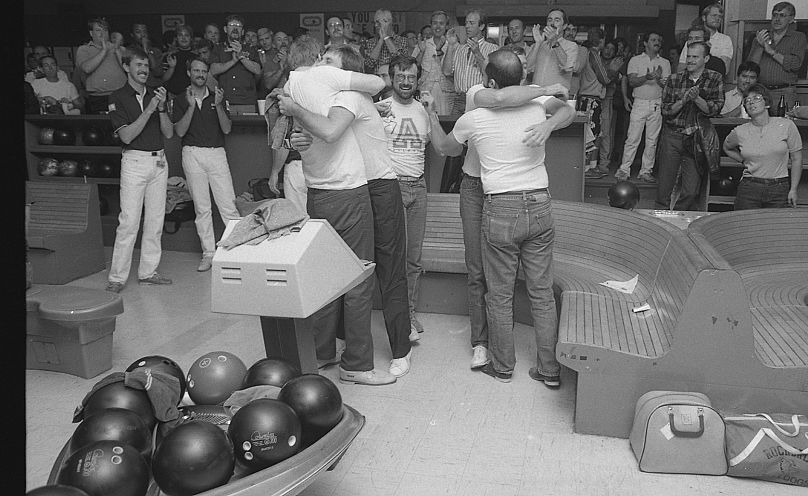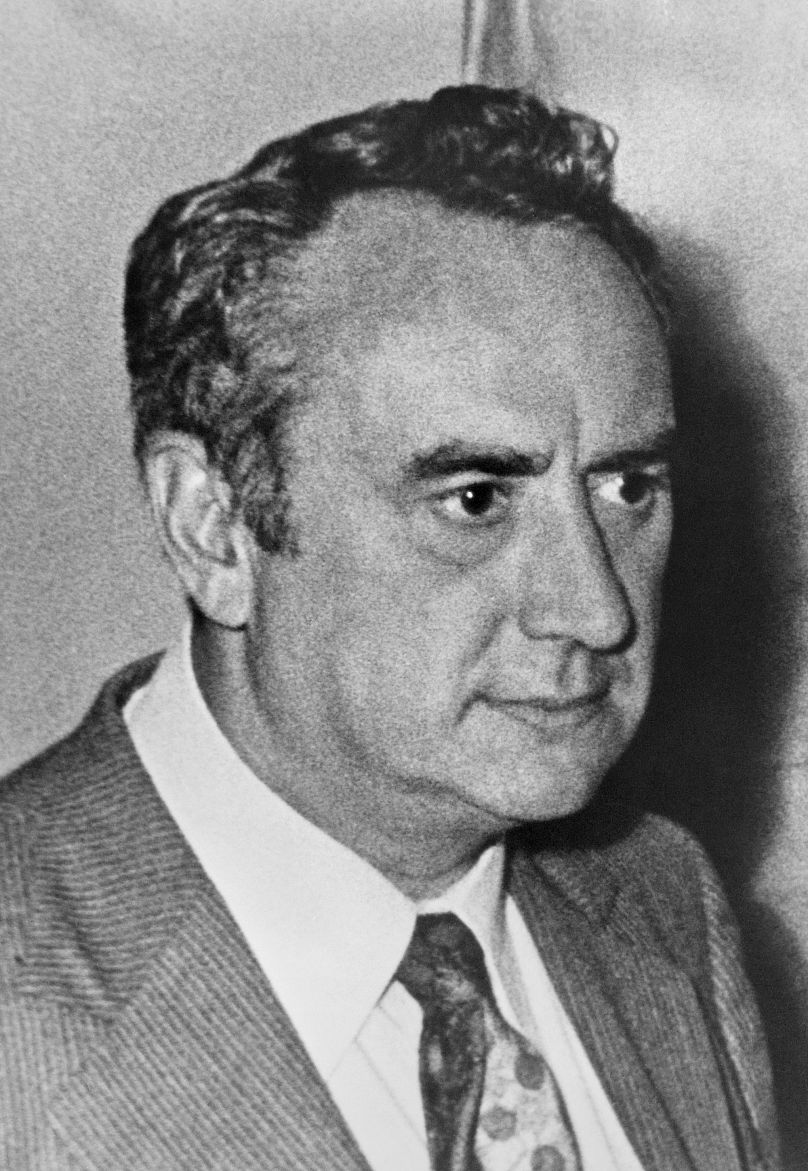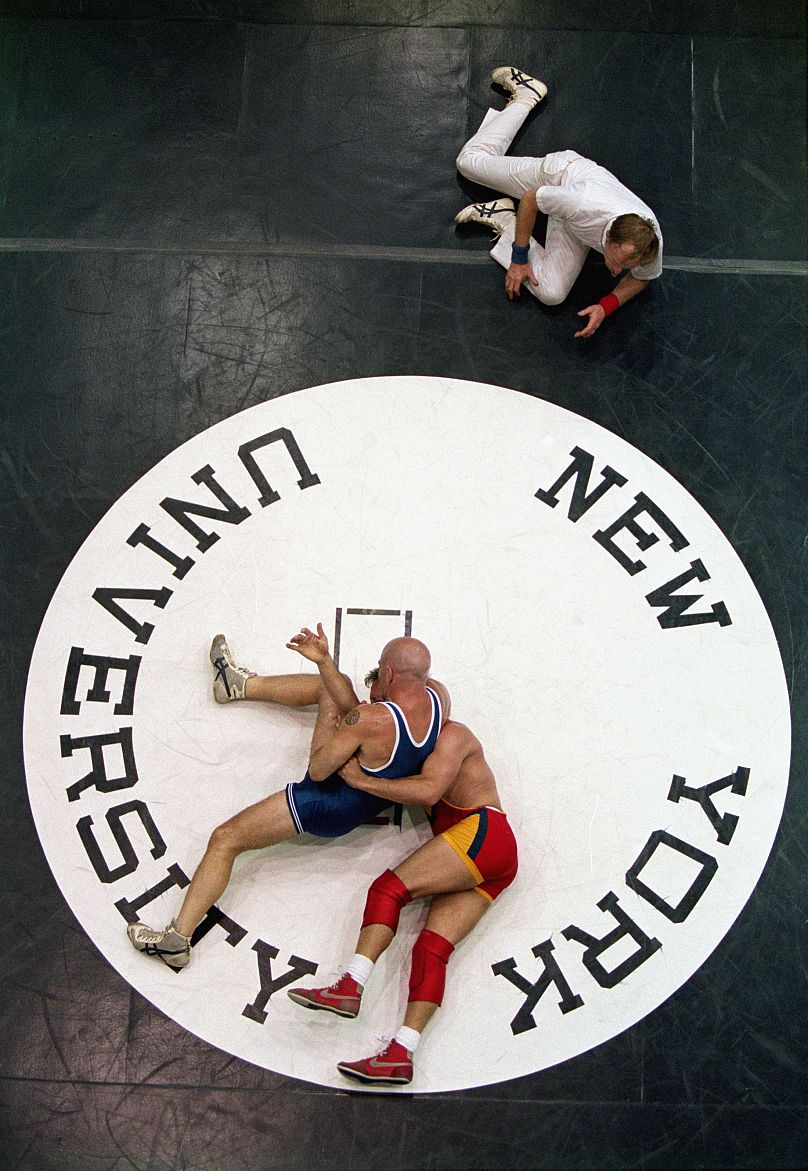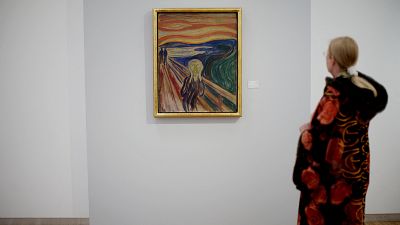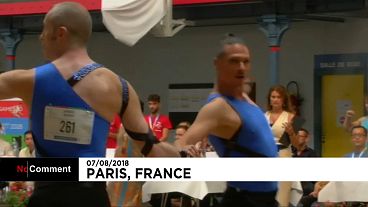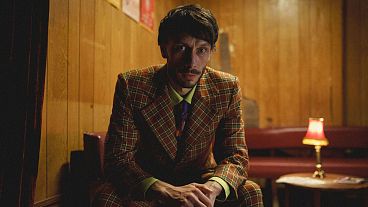On this day in 1982, the first ever Gay Games kicked off in San Francisco, with the goal to promote the acceptance and inclusion of LGBT+ athletes in the sporting world.
San Francisco has long been known as a very LGBTQ+ friendly city and, on 28 August 1982, it cemented that reputation.
Set up by a team led by athlete and activist Tom Waddell, the very first Gay Games opened, hosting a total of 1,350 competitors hailing from more than 170 cities globally.
The nine day event, attended by an estimated 10,000 people, was fairly similar to the Olympic games, featuring a torch carried from New York city and the site of the Stonewall riots, across the country to San Francisco’s Kezar Stadium.
Late musical icon Tina Turner performed at the opening ceremonies, opening a Games which saw events including swimming, athletics, basketball and golf.
Tom Waddell, who himself was an Olympic decathlete at the event in Mexico City in 1968, came up with the idea for the Games after he watched a televised gay men's bowling tournament.
He thought that the Gay Rights Movement was too much focused on stereotypes and that the only representatives of the community were too frequently young, white men, to the detriment of other types of people in the LGBT+ community.
Waddell wanted to emphasise that gay men and women were just that - men and women - before they were gay.
He and his friend Mark Brown decided to start a tournament based on the model of ancient Olympics, with the aim to showcase athletic talents, regardless of age, race, gender or sexual-orientation.
Along with a third friend, Paul Mart, Waddell and Brown created the Gay Olympic Committee in June 1980, which soon became the San Francisco Art & Athletics (SFAA) Committee.
Striving to achieve gender parity, the 1982 Games set a tradition which promoted inclusivity and offered a safe space to competitors from countries across the globe, including those where homosexuality remains hidden or illegal.
Although it was mostly a joyful event there was some controversy surrounding the name of the Games.
Waddell had initially intended for them to be called the ‘Gay Olympics’, but he and the event organisers were sued by the International Olympic Committee (IOC), just three weeks before they opened.
Citing the US Amateur Sports Act of 1978, the IOC brought a lawsuit saying only the United States Olympic & Paralympic Committee (or USOC) could use the word ‘Olympic’ in the US.
Waddell’s team fought back, saying the law was capriciously applied, saying the Special Olympics used the word, seemingly without fault.
Some supporters suggested the move by the IOC was discriminatory against the LGBT+ community, but it was proven they had taken multiple actions since 1910 to prohibit the unofficial use of the word.
The event went ahead and was a great success. Stephanie Mills performed at the closing ceremony alongside the San Francisco Gay Freedom Day Marching Band and Twirling Corps.
Then-congressman Philip Burton also spoke at the closing ceremony. At the time, he’d been working with gay liaison Bill Kraus to create legislation and funding for AIDS research in the San Francisco area.
The Gay Games returned to San Francisco four years later, in 1986, with even more athletes taking part.
In 1994, the Gay Games took place in New York City to coincide with the 25th anniversary of the Stonewall Riots.
That event managed to overtake the Olympics in sheer size, with 10,864 athletes participating, compared to 9,356 at the 1992 Barcelona Olympics and 10,318 at the 1996 Atlanta Olympics.
41 years after the first Gay Games, the tournament is still going strong.
2022’s edition was postponed due to the Covid-19 pandemic but will be held in November this year. For the first time in history, it will be held in two centres - in Hong Kong as well as Guadalajara, Mexico.
